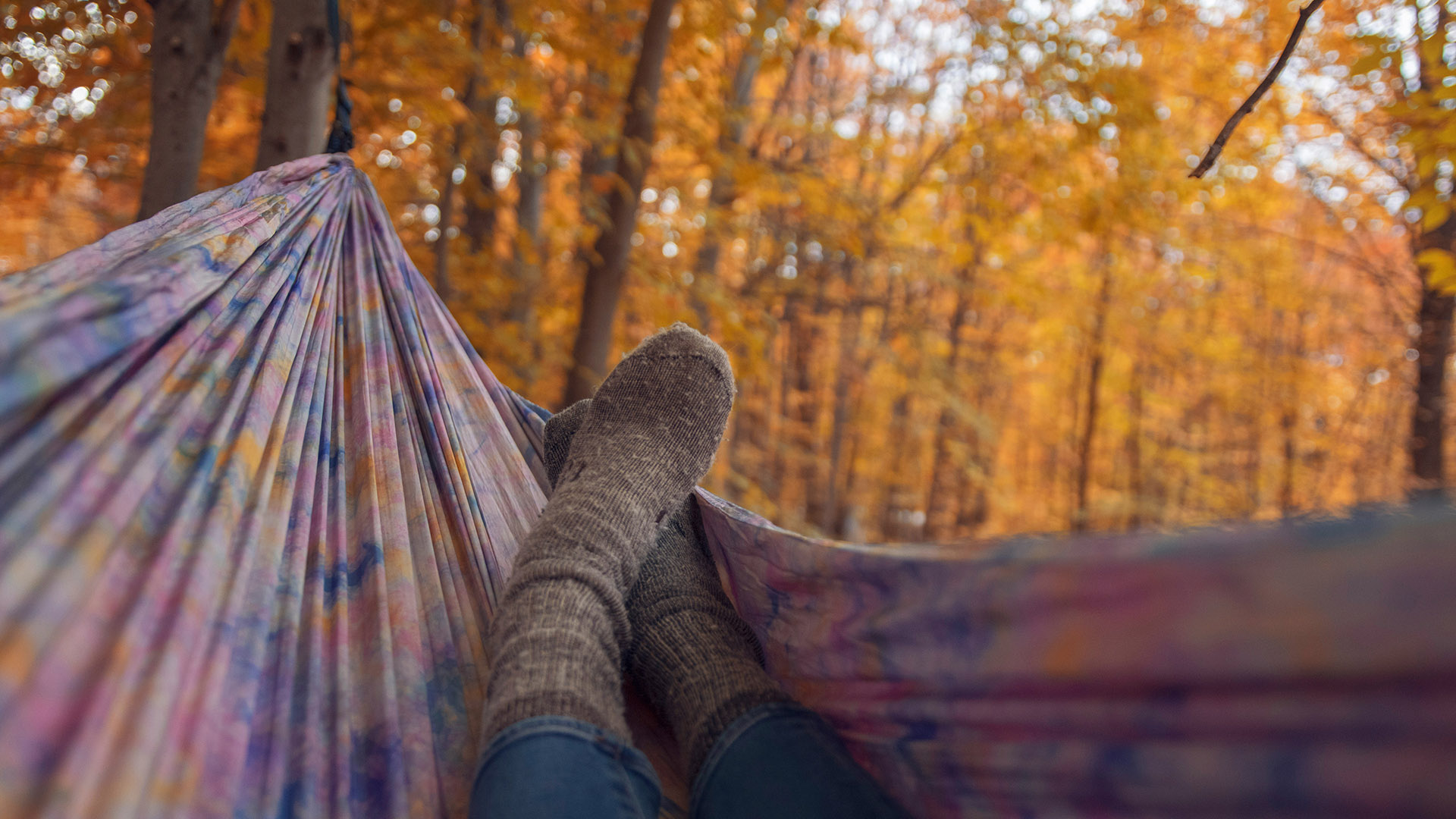Poor sleep is a plague affecting around 7 million Australians.
Are you one of them?
We’ve probably all had those times when sleep proved elusive because you were worried about something, your partner was getting over a terrible post-viral cough, or you were over-exhausted.
The biggest issue with insufficient sleep is it affects every part of us, and makes us feel terrible.
Our awareness of the need to get a better night’s sleep to function well is well-established. What we’re not so great at is adhering to all those well-intentioned sleep hygiene recommendations, or getting the quality and duration of sleep desired because we prioritise other things, like work.
It’s well-documented that a lack of sleep is linked to some significant chronic diseases including dementia, heart disease, high blood pressure, type two diabetes, depression, obesity, cancer of the colon and breast, as well as draining your mental faculties to pay attention or make sound decisions and impacting your immune system putting you at increased risk of catching infections.
Sleep matters to your health and wellbeing. Period.
What can you do differently to get a better night’s sleep?
Much depends on what you get up to during the day.
Let’s face it, running around feeling highly stressed, not paying attention to the quality of the food we put in our mouths, not getting a break and drinking too much coffee is never going to help.
The one thing that can help is to get outside for at least 20-30 minutes in a natural green space.
How this works is that:
- Exposure to natural light assists your body to regulate the hormones involved in resetting your circadian rhythm.
- Spending time in nature has been shown to calm the mind, lower stress levels and your blood pressure. Whether you’re walking, cycling, doing some yoga practice or a meditation, combining physical activity with time outside assists in you getting enough deep or restorative sleep.
- Sunlight stimulates the production of serotonin, the neurotransmitter involved in boosting mood and helping to regulate sleep patterns.
Too simple?
Sometimes the best things in life, as they say, are free.
Getting a better night’s sleep by going for a daily walk in nature has to be a no-brainer.
Do you sleep better when you’ve spent more time outside during the day?


